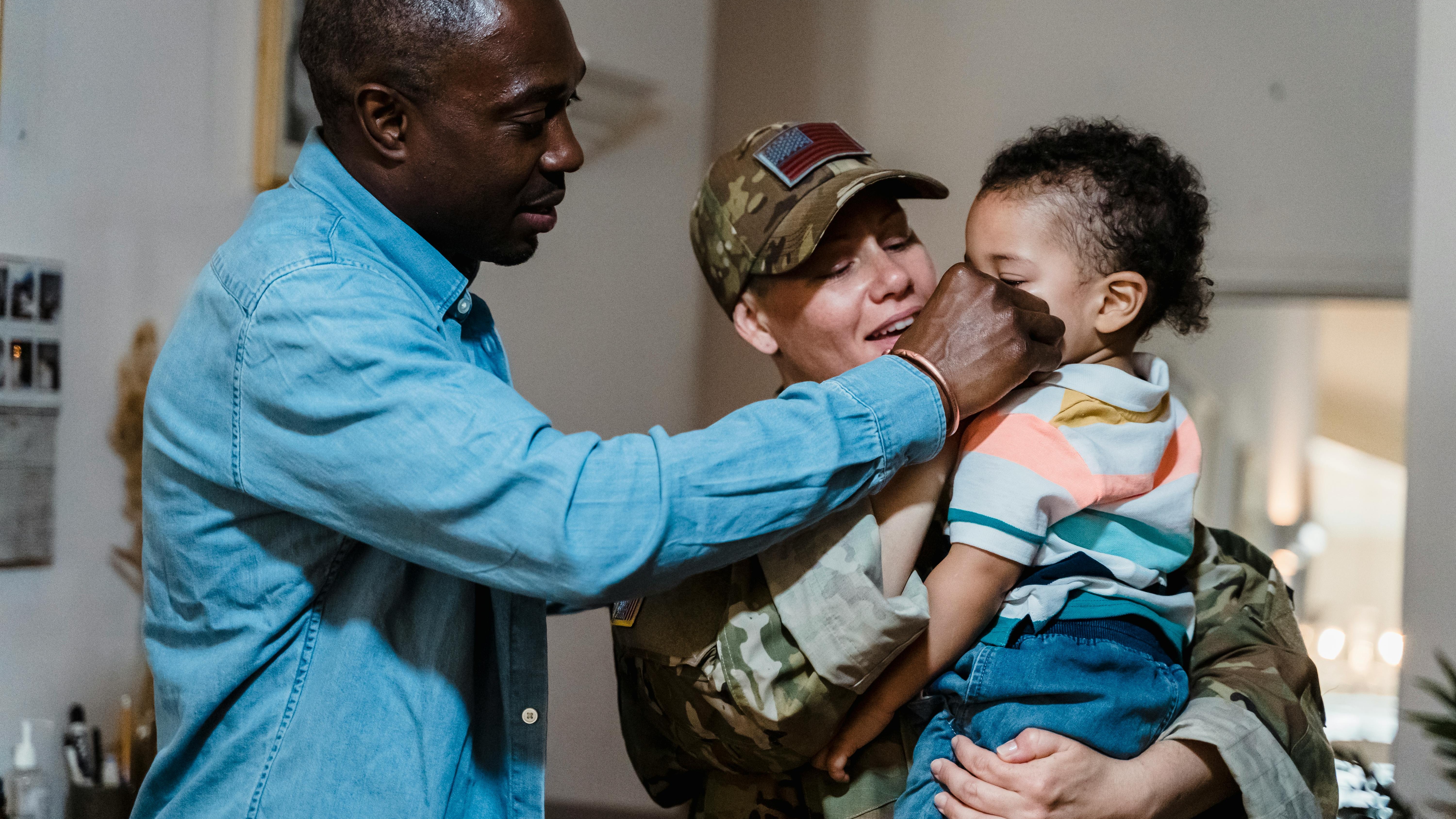
The Nature of Power: Understanding its Essence
Power is an omnipresent force that influences behavior and shapes interactions. For military professionals, this understanding offers valuable insights into leadership dynamics, an essential component of both military and corporate environments. It lays the foundation for transforming aspirations into actionable results.
Historical Context: Power's Evolution Over Time
Throughout history, power has manifested in various forms, from the despotic reigns of emperors to the democratic structures we see today. Lessons from figures like Napoleon and others teach us that while the avenues of power may change, its core characteristics remain steadfast. The military has much to learn from these historical examples; studying them sheds light on the importance of leadership principles across different realms.
Power and Responsibility: A Double-Edged Sword
While power inherently has the potential to uplift society, it can also serve as a weapon of destruction when misused. Leaders, whether in the military or corporate sectors, must bring courage and integrity to their roles. When wielded without accountability, power has incited wars and destruction. This duality enriches the narrative about power—showing its complexity and the necessity for responsible leadership.
Military Leadership as a Lens for Understanding Power
In many ways, military leadership encapsulates the principles of power in its most concentrated form. A military officer’s command is often a sight to behold: the ability to influence action instantly. This capacity does not stem merely from rank but from a nuanced understanding of how to engage, inspire, and, at times, confront. The discussion between two army officers—it highlights the immediate connection between rank and duty and draws attention to the profound impact of humility and respect within such engagements.
Emotional Connection: The Human Element of Power
The experience of standing at attention before a leader evokes a range of emotions. Members of the service can often recall moments of both apprehension and pride during such exchanges. Power isn't just a matter of authority, but also about emotions and human connections that shape one's response to leadership. This aspect of military power reinforces the idea that to lead effectively, one must understand not only their authority but also the hearts and minds of those they command.
Inspiring Stories of Valor: Learning from Heroes
Stories of valor, such as those emerging from the Navy SEALs or Army Special Forces, exemplify how military leadership and power can converge to create extraordinary outcomes. These narratives not only highlight acts of heroism but also reflect the larger context of how leadership translates into action and impact. Through heartfelt stories, men and women demonstrate that the essence of power lies in their courage and decisions under duress.
Takeaway: The Importance of Leadership in Various Spheres
Understanding power equips military personnel, business leaders, and everyday citizens alike to navigate their lives more strategically. The principles of effective leadership gleaned from military settings extend into corporate environments, enhancing management practices and organizational success. Recognizing the importance of power also emphasizes the necessity of mentorship and collaboration, areas where veterans excel, guiding the next generation toward innovative solutions.
Ultimately, by recognizing the multifaceted nature of power, we prepare ourselves to wield it responsibly, ensuring that our influence leads to positive transformations.
 Add Row
Add Row  Add
Add 




Write A Comment